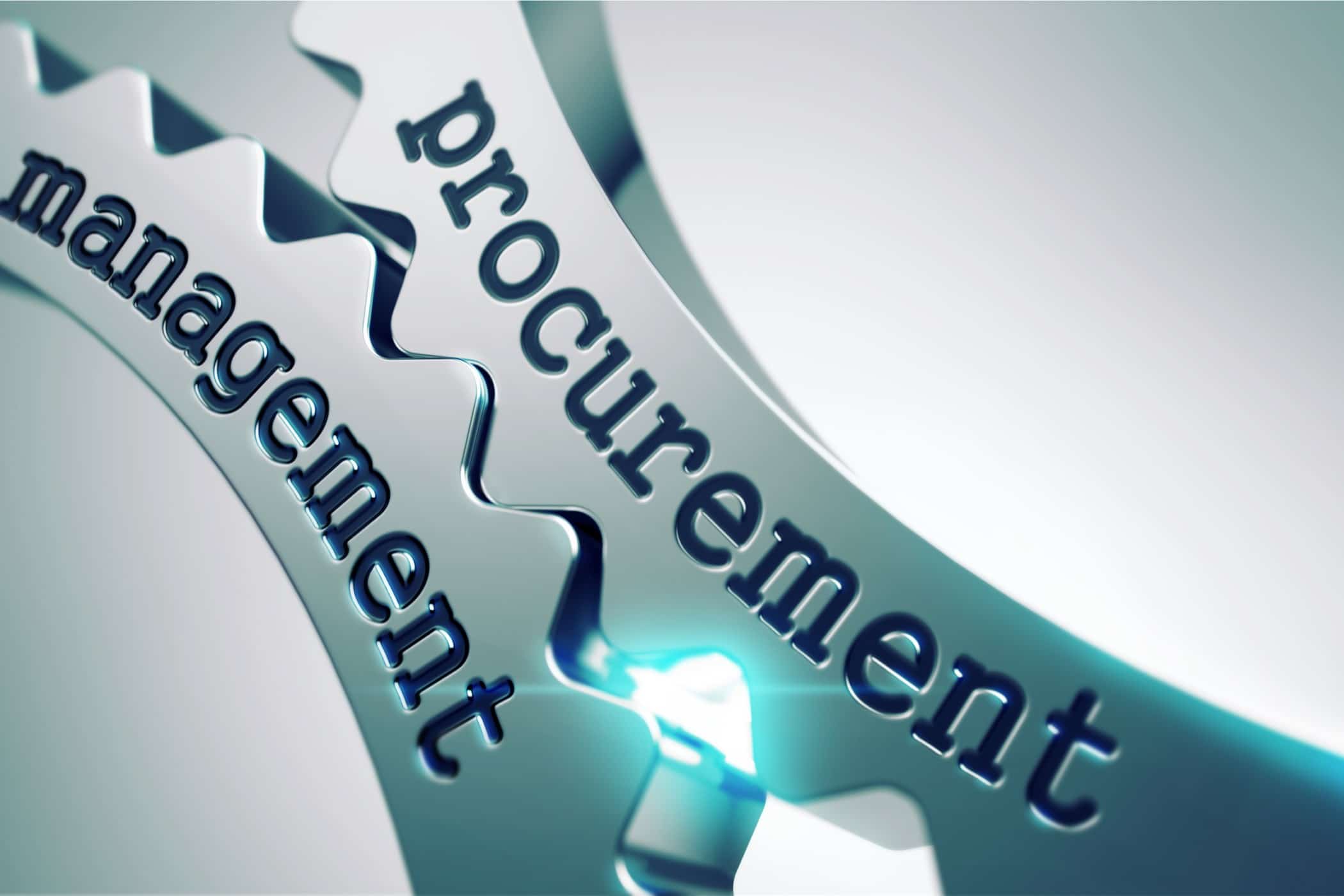What Is the Purpose of a Fashion Business Plan?



The difference between renowned fashion brands and designers working in small warehouses is that before they started designing apparel, setting up a website, or creating an app to sell them, brands created a robust clothing line business plan.
Everyone agrees that in order to create a successful fashion business, the founders need to have a passion for innovative designs. Before thinking about opening retail stores, boutiques, and e-commerce portals, having a sustainable clothing line business plan is imperative.
Creating Profitable Clothing Line Business Plans and Why Each Stage Is Important
Before the founder of the fashion brand approaches angel investors or venture capitalists, these are the five elements they need to include in their clothing line business plan.
1. Executive Summary-
This section is meant for the future inventors of the fashion business to understand the objectives of the business. Writing this section might be challenging as entrepreneurs tend to stuff all their ideas in this section.
It is a good idea to include the main objectives and differentiating factors in bullet points in this section. It is always advisable to write this section after writing the other four sections. That will give clarity about the salient points that must be highlighted.
2. Vision and Objectives-
In this section, one needs to put down the points about where one wants to take their brand. Is the brand going to operate in a small city/town, or the founder has plans of taking it global in the future?
The founder also can include the tangible and intangible elements which the brand will stand for. If there are going to be initiatives involving rural artisans or launching initiatives for a greener earth, etc., those elements can be included here.
Creating a narrative is always a good idea. It attracts the investors as they get to see that the founder is connected with the idea deeply and will put in all the efforts to make it a success story. Clothing line business plans which are written by founders who are not ready to bet everything on it, come out easily in this section. Investors can figure out that the founder is not going to be all out there trying to make it a success, and they will not invest in such ideas.
3. Market Analysis and Competitor Analysis-
Any investor will only be interested in financing a new business only if they feel that their money will grow fast. They might be interested in buying off the business when it costs low, and selling it off when the brand value increases.
As per the study done by BCG (Boston Consulting Group), one needs to understand how companies are perceived by the buyers.
- Cash Cows: The companies with a good track record of sales and good brand value come in this category. Normally there are fewer buyers for such companies as most of them are highly-priced. Even the founders and board of directors of such companies are not too keen to sell these companies. These companies have a huge market share in a market that is growing steadily.
- Question marks: Many investors are interested in these kinds of early-stage companies as they have the potential to grow in the future. One can harvest the benefits of opening such a fashion business, and early exit will save the entrepreneur from any future losses. These companies have a small market share in a market that is expanding.
- Dogs: These companies are looking for buyers as the chances of them making profits are quite low. These companies normally have a small market share in a market that is not growing much.
- Stars: These companies normally have a high market share, and they are ahead of their competitors in more ways than one. The markets they operate in are fast-growing, and hence their profit shares are huge. If such companies have gone public, the shareholders will gain a lot from their investments.
For a new business, it is very important to do the value proposition and market growth analysis. The founder needs to understand where they stand amongst the four categories mentioned above. The clothing line business plan will be made based on the market positioning.
While creating this clothing line business plan, the entrepreneur needs to show that their ambitions are based in reality. Having an in-depth understanding of the competitors and their business models is very crucial at this stage.
4. Implementation plan-
Now, for any entrepreneur, having a good clothing line business plan is important, and they should be able to differentiate their business from their competitors. Being creative about the fashion collection is not enough, as often being in the red ocean might be detrimental to the fashion business. As per the business parlance, red oceans have fierce competition, and blood is drawn to keep the business afloat. Often businesses in the red ocean perish and only the big players remain as they eat up the smaller ones through acquisitions.
On the other hand, being in a blue ocean is safe as they often are located in unexplored territories. The competition is less in such pockets and the opportunities for the entrepreneur to showcase their creativity and generate a value proposition for the consumer is much higher.
In the implementation plan phase, the entrepreneur needs to take the actual steps to launch the business. There should be a clear roadmap and timelines for each step. For example, finalizing the locations and properties to open the retail stores. Finalizing the suppliers, manufacturers, warehouse partners, logistics partners, etc., who will create the fashion line and take them to the stores. Hiring the right advertising agency, website designers, app designers, etc.
In this phase, the goals for the business should be decided. A proper charter of how the business will be launched should be planned. And all the goals should be SMART (Specific, measurable, attainable, realistic, and time-bound).
5. Financial Analysis-
Once the staff has been hired in the implementation plan stage, the finance team of the company should get into action immediately. Raising invoices to ensure cash flow, making collection calls and ensuring that the clients pay up on time is very important. Creating the P&L (profit and loss) statement and showing the proper balance sheet to the board of directors on a quarterly basis for them to understand the financial situation of the company lies on the shoulders of the finance team of the fashion brand.
The fiancé team also needs to look into the taxation and ensure that the collected taxes are sent to the right government treasuries. Also, the yearly filing of returns for the business is a mandatory duty that the finance team needs to fulfill seamlessly.
Hence if the above-mentioned points are followed properly, and a good clothing line business plan is created before launching the fashion brand, the chance of the business flourishing goes up by many notches.
Conclusion
It is very important to create a robust clothing line business plan before launching the brand. There will be much lesser hiccups on the road to success if a properly documented clothing line business plan is available for the staff to follow.
Along with creating a lucrative clothing line business plan, it is also important to find partners who will be able to help you to materialize your dreams. Fashinza is such a platform that will give you all the necessary boost you need for smoothly executing your fashion business plans. Check out how Fashinza can simplify your life and make your brand soar.



















